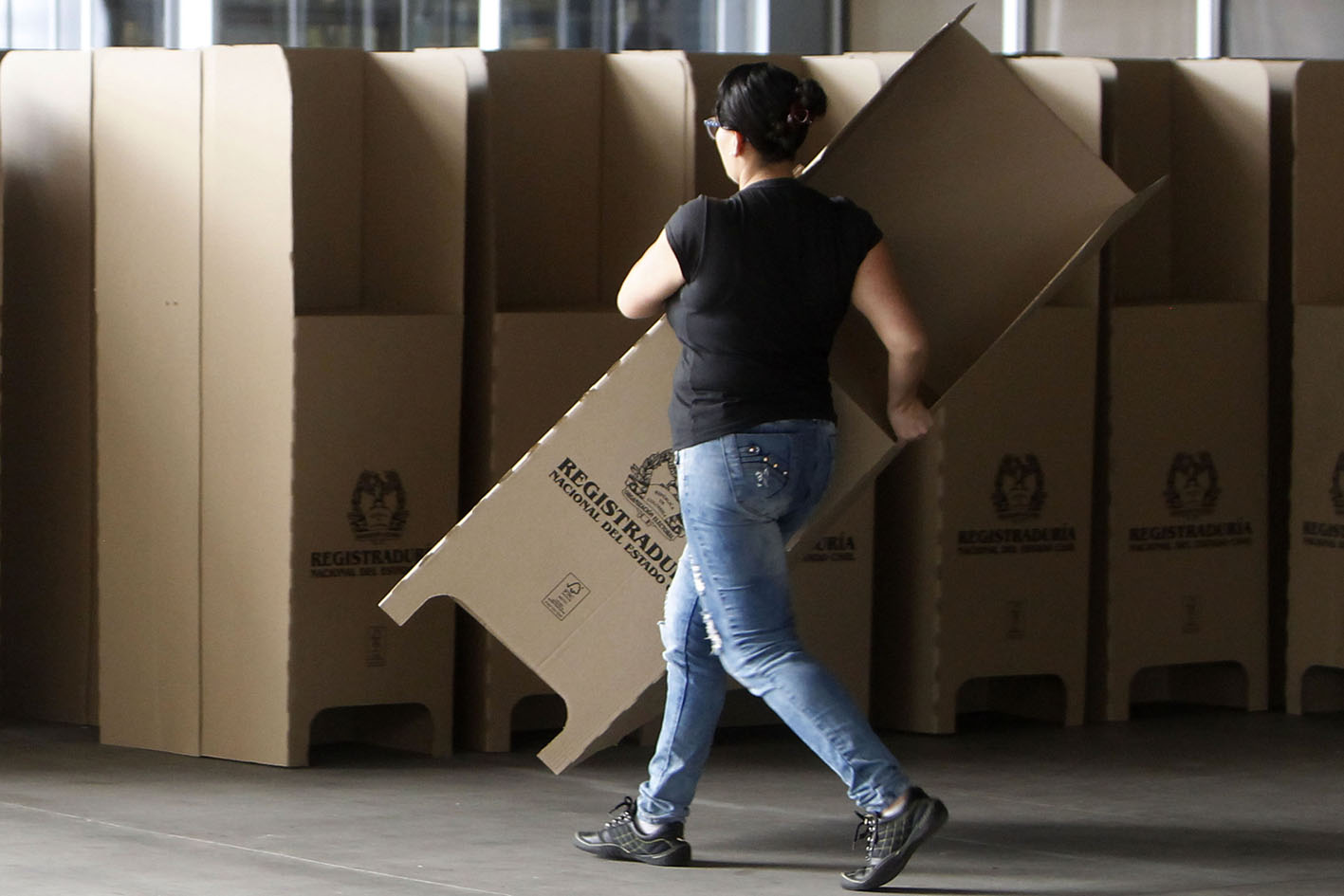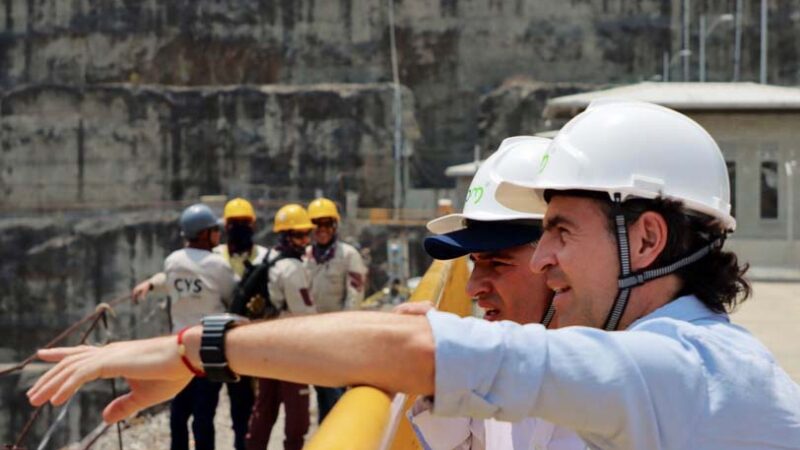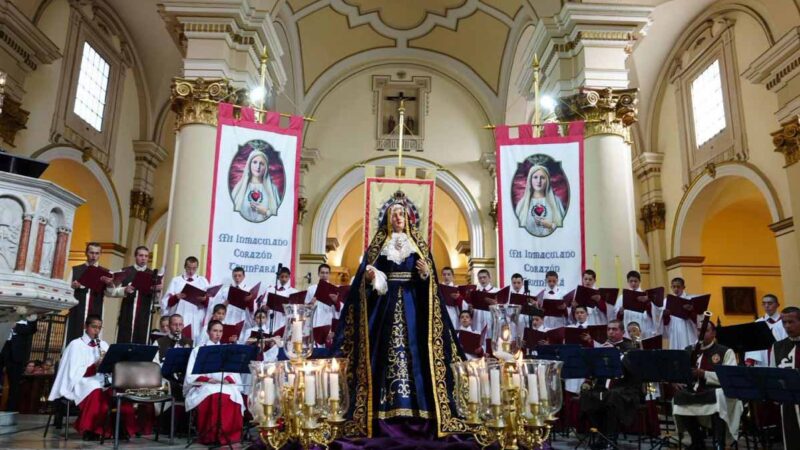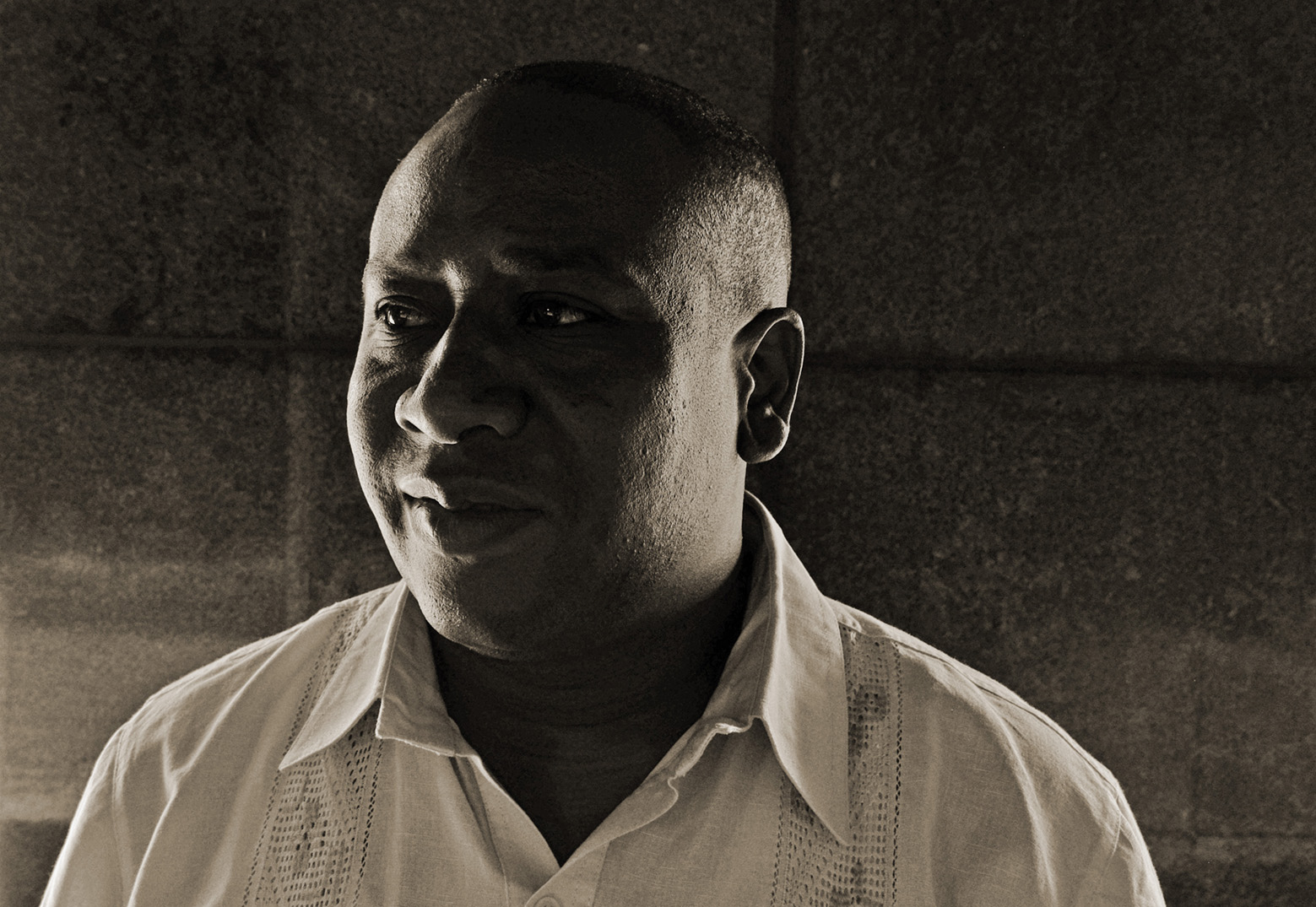
Leyner Palacios, a social leader and human rights activist from Bojayá, Chocó, lost 28 relatives and friends on the night of May 2, 2002, when guerrillas of the Revolutionary Armed Forces of Colombia (FARC) launched an attack on the town, claiming the lives of 79 civilians while they sought refuge inside the local church.
The attack on Bojayá by FARC was directed at right-wing paramilitaries of the United Self-Defense Forces of Colombia (AUC) who had besieged this impoverished Afro-Colombian community, and the explosion of an improvised pipe bomb as it struck the front door of the church remains one of the most heinous crimes committed during Colombia’s half-century-long internal conflict.
Recipient of the 2017 Global Pluralism Award from the Ottawa-based Global Center for Pluralism for his community-led reconciliation efforts, Leyner Palacios has received death threats from an illegal armed organization operating on Colombia’s Pacific Coast, and along the Atrato River, where Bojayá is located. The threats against Palacios by a shadowy group known as Autodefensas Gaitanistas de Colombia (AGC), as well as presence in the region of the National Liberation Army (ELN) guerrilla, has forced the government of President Iván Duque to heighten security measures in the territory, including the possibility of establishing a permanent military base in Bojayá.
On Saturday, President Duque headed to this remote town to hear first hand from local representatives, including Palacios, of the threats made in recent weeks by illegal armed groups against the population, pledging more social investment for health and recreation infrastructure. President Duque then visited the mausoleum where the victims of the 2002 attack are entombed, among them, some 40 children.
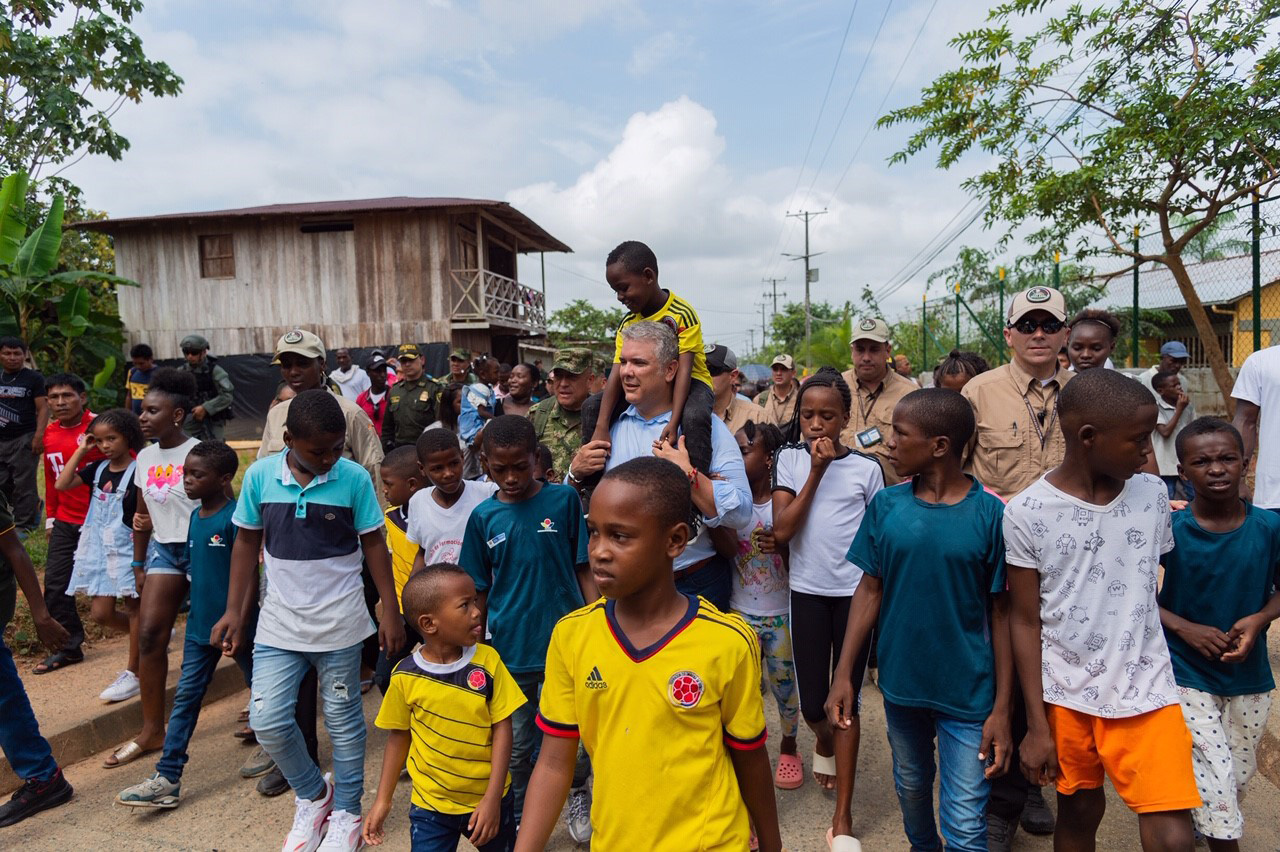
With the signing of the peace accord between the Colombian Government and FARC in 2016, Leyner Palacios convinced the community to host a public commemoration to the victims of the attack with the presence of the former High Peace Commissioner Sergio Jaramillo and FARC’s “Iva?n Ma?rquez.” The ceremony took place at the site of the massacre and was accompanied by the most poignant symbol of the attack: a wooden Christ statute decimated by the bomb. “On the banks of this immense river, and in front of these precious forgotten people […] we ask that you forgive us, and grant us spiritual relief by allowing us to continue alongside you, on the road to reconciliation,” remarked Márquez, the former FARC commander who authorized the attack. Márquez abandoned the peace process in 2019 to form with another senior FARC commander, Jesús Santrich, a dissident group.
Having opened a path of forgiveness for the 1,700 inhabitants of Bojayá, the threats against Leyner Palacios highlight the precarious state of Colombia’s post-conflict, and urgent measures that need to be taken by authorities to protect Leyner Palacios as well as many other human rights defenders working in rural communities. According to Marta Hurtado, spokesperson for the UN High Commissioner for Human Rights, “the Colombian Government must make a strenuous effort to investigate each and every case and to prosecute those responsible for these violations, including instigating or aiding and abetting violations. The vicious and endemic cycle of violence and impunity must stop.”
According to the UN Human Rights Office in Colombia, 107 activists were killed in 2019 with 13 additional cases still being verified by the international organization. At least 10 human rights defenders have been reportedly killed during the first 13 days of January. The killings of female human rights defenders increased by almost 50% in 2019 compared to 2018 claims the UN with the great majority of the 107 killings in 2019, taking place in rural areas “where criminal groups or armed groups operate, and […] in villages with a poverty rate above the national average,” writes Hurtado from Geneva.
More than half of the killings in 2019 occurred in just four Colombian departments – Antioquia, Arauca, Cauca and Caquetá – with the single most targeted group advocating human rights on behalf of community-based and specific ethnic groups such as indigenous peoples and Afro-Colombians.
Share this story
The City Paper Staff
View all posts by The City Paper Staff




